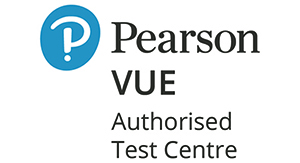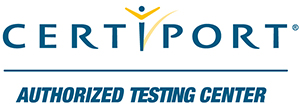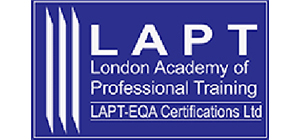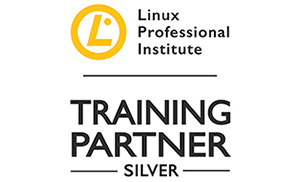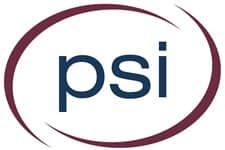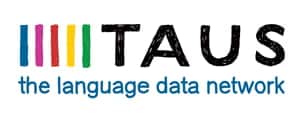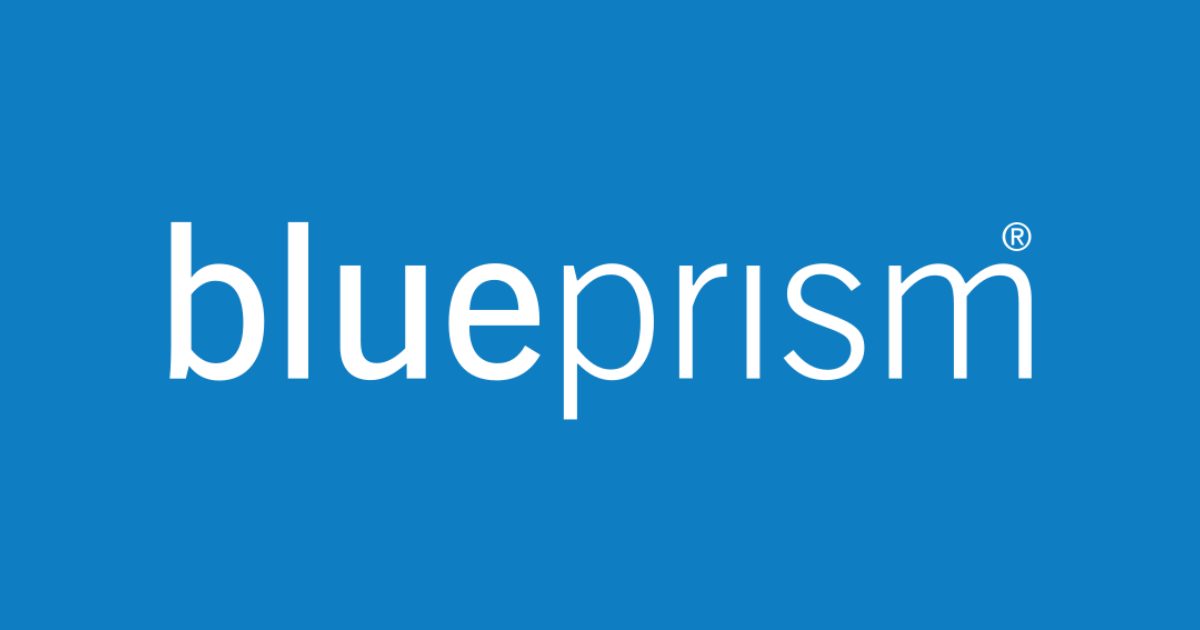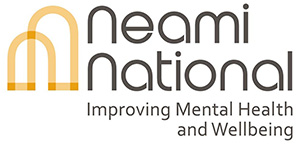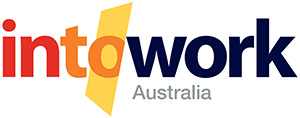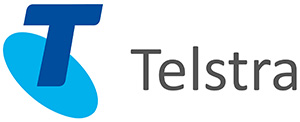Certified Information Systems Security Professional (CISSP®) Certification Training Course
Certified Information Systems Security Professional (CISSP®) Certification Training Course
The Certified Information Systems Security Professional (CISSP®) is an instructor-led, hands-on certification training course. This course provides the most comprehensive overview of information security concepts and industry best practices, focusing on the eight CISSP CBK® (Common Body of Knowledge) areas tested on the CISSP exam. With CISSP certification, you will gain information security knowledge that will enable you to successfully implement and manage enterprise and government security programs.
With CISSP training, you’ll demonstrate that you have what it takes to effectively design, implement, and manage a world-class cybersecurity program. With the CISSP credential, you validate your expertise and become an (ISC)² member, giving you access to a wide range of exclusive resources, educational tools, and peer-to-peer networking opportunities.
- A candidate should have at least five years of professional experience in IT infrastructure and cybersecurity.
- Candidates for the CISSP exam must have at least five years of cumulative, paid work experience in two or more of the eight areas of the CISSP CBK.
Candidates can achieve this certification by passing the following CISSP exam(s).
Certified Information Systems Security Professional (CISSP®)
The certification exam can be registered and attempted within 3 months of course/module completion at Logitrain training centre on weekdays during normal business hours (excludes public holidays)
Logitrain course material for Certified Information Systems Security Professional (CISSP®) certification provided
- Security and Risk Management
- Asset Security
- Security Engineering
- Communications and Network Security
- Identity and Access Management
- Security Assessment and Testing
- Security Operations
- Software Development Security
- Security Consultant
- Security Analyst
- Security Manager
- Security Systems Engineer
- Chief Information Security Officer
- IT Director/Manager
- Security Auditor
- Director of Security
- Security Architect
- Network Architect
- Understand, adhere to, and promote professional ethics
- Understand and apply security concepts
- Evaluate and apply security governance principles
- Determine compliance and other requirements
- Understand legal and regulatory issues that pertain to information security in a holistic context
- Understand requirements for investigation types (i.e., administrative, criminal, civil, regulatory, industry standards)
- Develop, document, and implement security policy, standards, procedures, and guidelines
- Identify, analyse, and prioritise Business Continuity (BC) requirements
- Contribute to and enforce personnel security policies and procedures
- Understand and apply risk management concepts
- Understand and apply threat modeling concepts and methodologies
- Apply Supply Chain Risk Management (SCRM) concepts
- Establish and maintain a security awareness, education, and training program
- Identify and classify information and assets
- Establish information and asset handling requirements
- Provision resources securely
- Manage data lifecycle
- Ensure appropriate asset retention (e.g. End-of-Life (EOL), End-of-Support (EOS))
- Determine data security controls and compliance requirements
- Research, implement and manage engineering processes using secure design principles
- Understand the fundamental concepts of security models (e.g. Biba, Star Model, Bell-LaPadula)
- Select controls based upon systems security requirements
- Understand security capabilities of Information Systems (IS) (e.g. memory protection, Trusted Platform Module (TPM), encryption/decryption)
- Assess and mitigate the vulnerabilities of security architectures, designs, and solution elements
- Select and determine cryptographic solutions
- Understand methods of cryptanalytic attacks
- Apply security principles to site and facility design
- Design site and facility security controls
- Communication and Network Security
- Assess and implement secure design principles in network architectures
- Secure network components
- Implement secure communication channels according to design
- Control physical and logical access to assets
- Manage identification and authentication of people, devices, and services
- Federated identity with a third-party service
- Implement and manage authorisation mechanisms
- Manage the identity and access provisioning lifecycle
- Implement authentication systems
- Design and validate assessment, test, and audit strategies
- Conduct security control testing
- Collect security process data (e.g. technical and administrative)
- Analyse test output and generate reports
- Conduct or facilitate security audits
- Security Operations
- Understand and comply with investigations
- Conduct logging and monitoring activities
- Perform Configuration Management (CM) (e.g. provisioning, baselining, automation)
- Apply foundational security operations concepts
- Apply resource protection
- Conduct incident management
- Operate and maintain detective and preventative measures
- Implement and support patch and vulnerability management
- Understand and participate in change management processes
- Implement recovery strategies
- Implement Disaster Recovery (DR) processes
- Test Disaster Recovery Plans (DRP)
- Participate in Business Continuity (BC) planning and exercises
- Implement and manage physical security
- Address personnel safety and security concerns
- Understand and integrate security in the Software Development Life Cycle (SDLC)
- Identify and apply security controls in development environments
- Assess the effectiveness of software security
- Assess security impact of acquired software
- Define and apply secure coding guidelines and standards
- Describe the Secure Software Development Life Cycle (SDLC) Process
- Apply the Secure Software Development Life Cycle (SDLC)
- Apply Cloud Software Assurance and Validation
- Use Verified Secure Software
- Comprehend the Specifics of Cloud Application Architecture
- Design Appropriate Identity and Access Management (IAM) Solutions
- Implement and Build Physical and Logical Infrastructure for Cloud Environment
- Operate Physical and Logical Infrastructure for Cloud Environment
- Manage Physical and Logical Infrastructure for Cloud Environment
- Implement Operational Controls and Standards (e.g. ITIL®, ISO/IEC 20000-1
- Support Digital Forensics
- Manage Communication with Relevant Parties
- Manage Security Operations
- Articulate Legal Requirements and Unique Risks within the Cloud Environment
- Understand Privacy Issues
- Understand Audit Process, Methodologies, and Required Adaptations for a Cloud Environment
- Understand Implications of Cloud to Enterprise Risk Management
- Understand Outsourcing and Cloud Contract Design

Take the certification exam within 3 months of course / module completion

Take the official vendor certification exam at the Logitrain training center

Course material in digital format is included for flexibility and ease of use

Mock test is included in the full-time courses to assist with your preparation

Our trainers are highly skilled with expertise and extensive hands-on experience

Relax, we will beat competitor’s advertised price in Australia. Our course has no extra costs
| Location | Type | Duration | Price | Dates | |
|---|---|---|---|---|---|
| Location | Type | Duration | Price | Dates |
The supply of this course/package/program is governed by our terms and conditions. Please read them carefully before enrolling, as enrolment is conditional on acceptance of these terms and conditions. Proposed dates are given, courses run subject to availability and minimum registrations.
Find out why we are the leading choice to help boost your career in Australia
| Approachable and knowledgeable; comfortable surroundings. Logitrain does make IT training easier |
I recently followed the ITIL Foundation course at Logitrain. The training, materials and facilities were excellent and I would not hesitate to train with Logitrain again.
Thanks for a great week! Really enjoyed and feel I picked up a lot. Great Trainer! Will definitely look at further studies here.
Well-presented and able to convey immense knowledge to class. All queries were responded to promptly.
Excellent teaching method, easy to understand.
Logitrain provided a valuable insight into ITIL and enabled me to excel and advance my knowledge through a simple and well organised series of sessions.
Great place to study for certification, knowledgeable persons, excellent customer service. Ready to answer queries on the spot, very helpful.
The trainer was very patient and gave everybody the opportunity to participate.
The trainer explained everything very well. Logitrain was very helpful for me in getting a better overall understanding of CCNA. I previously had studied it 2 years earlier but required revision
Over 1000 organisations have relied on Logitrain to be their trusted training partner.

Don’t Wait. Please fill the form now.






